Aylo Uses Cybersquatting Complaint to Take Out Pirate Site Domains
In a rare legal move, Aylo subsidiary Licensing IP used a cybersquatting lawsuit to take out pirate websites infringing on its trademarks. The 'in rem' approach allowed the court to order the direct transfer of domains including mydirtyhobby.to without requiring personal jurisdiction over the site operators. The ruling, issued last week, requires the .to registry to transfer the trademark-infringing domains. From: TF, for the latest news on copyright battles, piracy and more.

 The company Licensing IP International S.a.r.l. is not particularly well known, but over a billion people are familiar with its trademarks.
The company Licensing IP International S.a.r.l. is not particularly well known, but over a billion people are familiar with its trademarks.
These marks include popular adult entertainment brands including Pornhub, Youporn, Brazzers and Reality Kings, which fall under the umbrella of Aylo, the empire formerly known as MindGeek.
Just one of Aylo’s many subsidiaries, Licensing IP owns and controls many popular trademarks. The company is not often in the news, but it’s a key player when it comes to protecting Aylo’s IP rights.
Pirate Site Domains Targeted in Cybersquatting Lawsuit
Aylo has a long history of taking action against pirate sites. Through its subsidiaries, Goodporn and Daftsex were previously targeted in U.S.courts, which largely ruled in favor of the adult entertainment company. However, permanently shutting down rogue sites has proven to be quite a challenge.
Traditionally, these types of lawsuits rely on copyright infringement claims but subsidiary Licensing IP recently tried a different approach, with success.
In a cybersquatting complaint filed at a California District Court last year, Licensing IP targeted ‘mydirtyhobby.to’ and several related domain names. These sites reportedly used Aylo’s copyrighted content without permission, as well as its trademarks, including MDH® and MY DIRTY HOBBY®.
Licensing IP alleged that the defendant intentionally registered these domains to profit from consumers’ brand recognition of these trademarks. This clearly violates the Anti-Cybersquatting Consumer Protection Act, which protects trademark owners against domain name abuse.
Rare ‘In Rem’ Lawsuit
Domain name trademark disputes are traditionally handled through ICANN’s Uniform Domain-Name Dispute-Resolution Policy (UDRP) proceedings; Licensing IP took its cybersquatting claim to a U.S. federal court instead.
In this case, the complaint was filed in rem, meaning that the action proceeded against a property rather than a person. As a result, personal jurisdiction is not required, which makes it easier to go after domains operated by unknown ‘does’.
As the case progressed, the registrants of the domain names were contacted, but none made an appearance in court. This prompted Licensing IP to request a default judgment instructing the Tonic registry to transfer the trademark-infringing domain names.
Court Grants Domain Name Transfers
In February, U.S. Magistrate Judge Laurel Beeler issued a report and recommendations, siding with the adult entertainment company. The court confirmed it has jurisdiction over the case because the .to domain registrar, San Francisco company Tonic Corp, is located within the court’s district.
Since the complaint was filed in rem, personal jurisdiction over the foreign registrants was not required. After analyzing all the paperwork, Judge Beeler concluded that all factors in favor of granting a default judgment had been met.
As a result, she recommended issuing an order requiring the Tonic registrar to transfer mydirtyhobby.to, watchmdh.to, mdh.to and all other confusingly similar domain names to Licensing IP. The recommendation was adopted by District Court Judge Jon Tigar last week, finalizing the order.

While the outcome of this case isn’t particularly surprising, the fact that it happened through a cybersquatting complaint is very rare.
Jason Tucker, president of Battleship Stance, an anti-piracy outfit that helps Aylo and other companies with their legal strategies, is pleased with the outcome. He sees it as an effective angle to target pirate sites that also abuse trademarks.
“This case shows there are still effective legal tools to take down pirate domains—especially when they target creators and misuse their names and content,” Tucker says.
Despite the favorable court order, several of the targeted domain names still appear to be online at the time of writing.
—
A copy of the order adopting the report and recommendations, which grants the default judgment, is available here (pdf)
From: TF, for the latest news on copyright battles, piracy and more.



















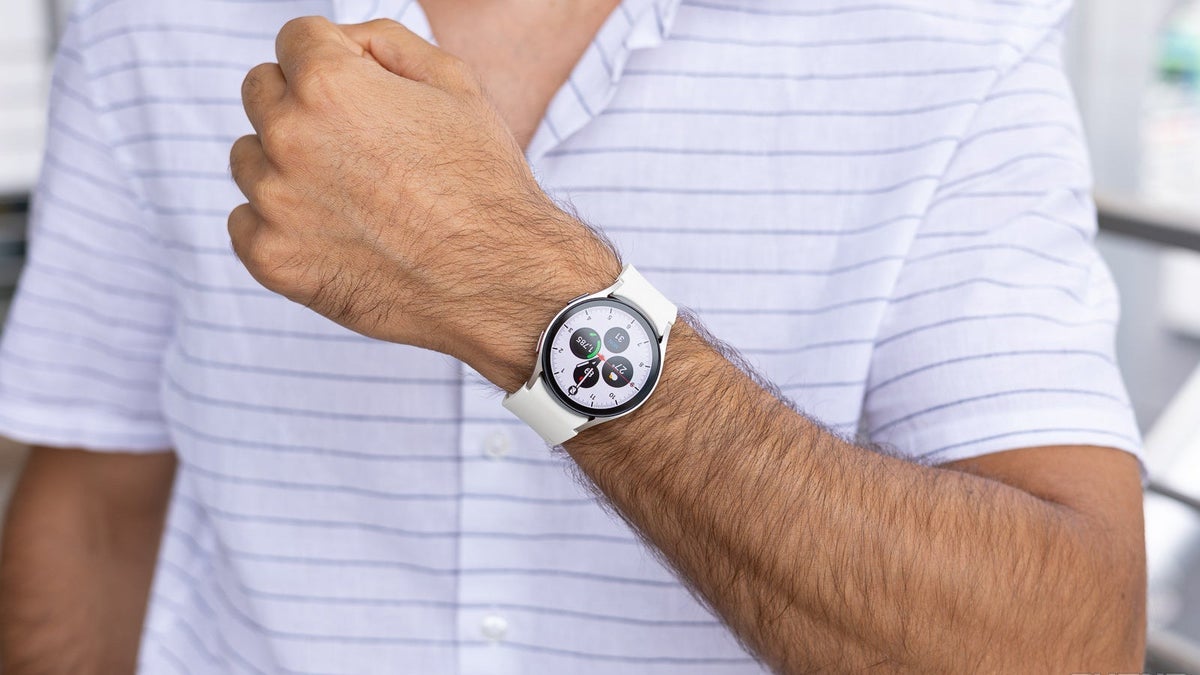





















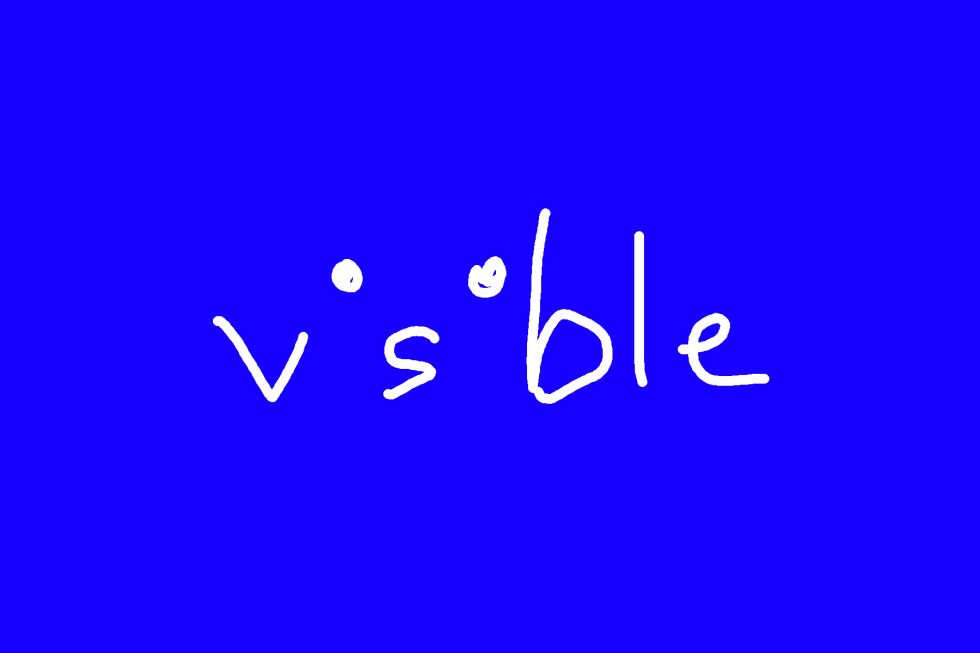









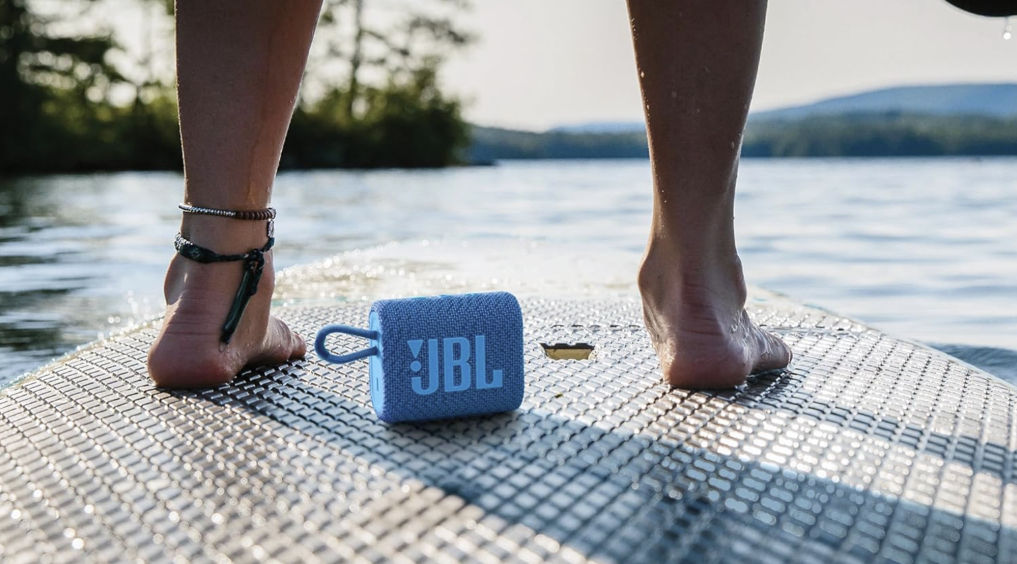











![Nomad Goods Launches 15% Sitewide Sale for 48 Hours Only [Deal]](https://www.iclarified.com/images/news/96899/96899/96899-640.jpg)


![Apple Watch Series 10 Prototype with Mystery Sensor Surfaces [Images]](https://www.iclarified.com/images/news/96892/96892/96892-640.jpg)



















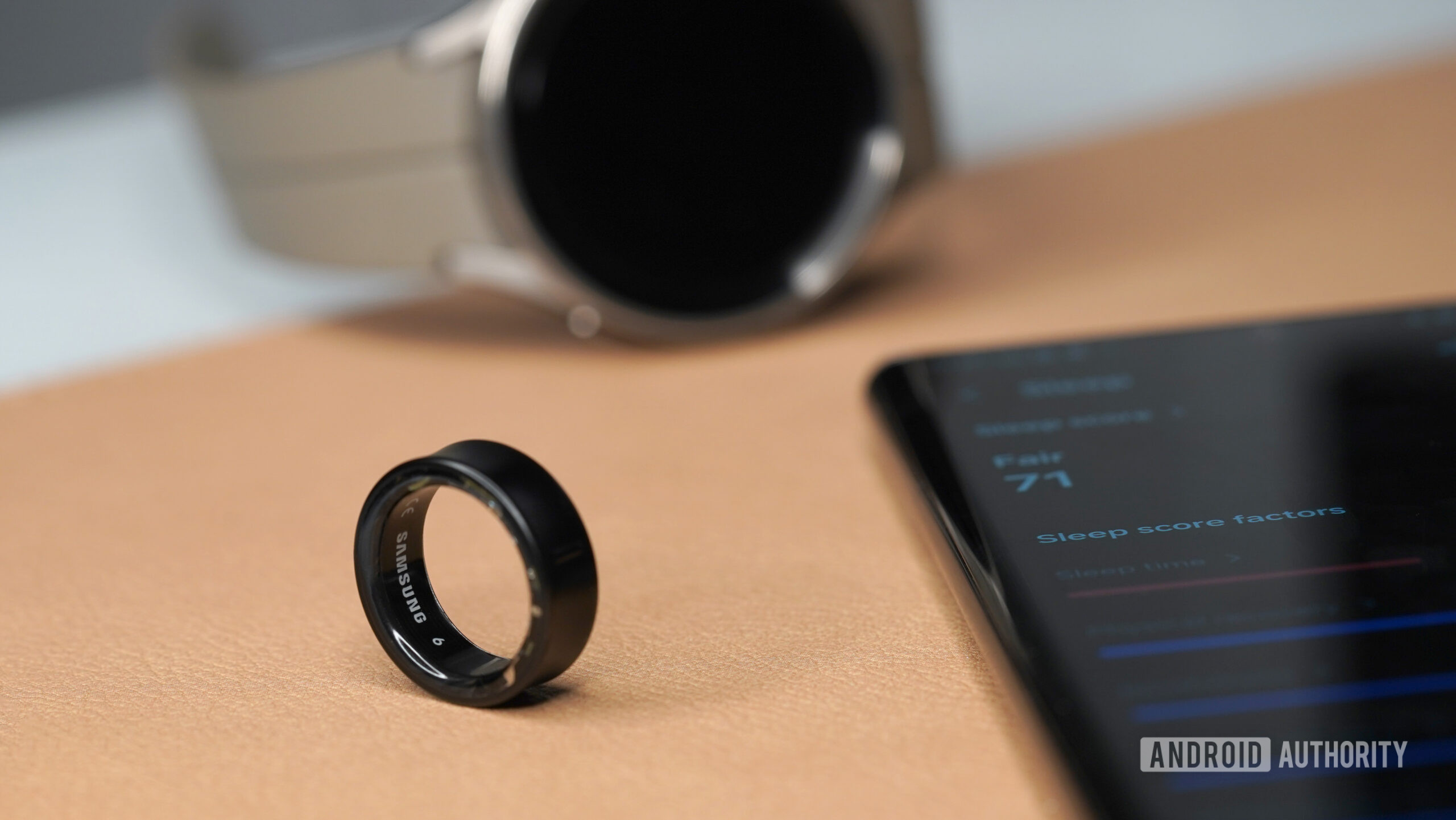


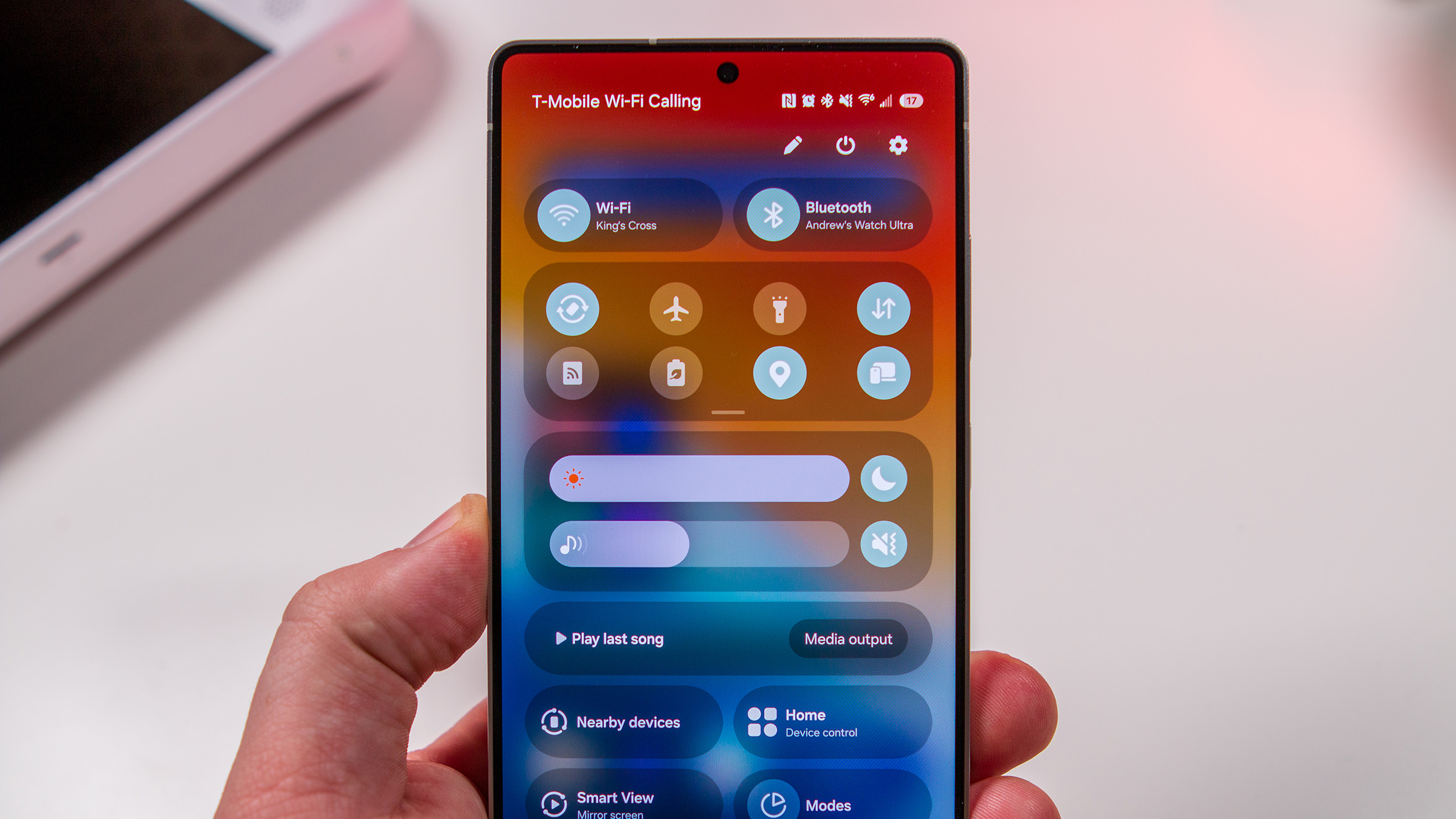














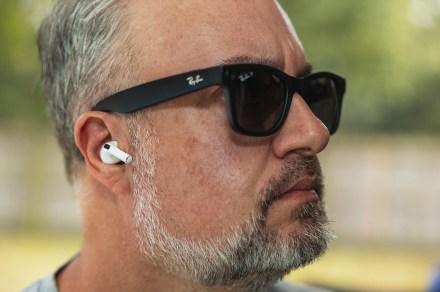








































































































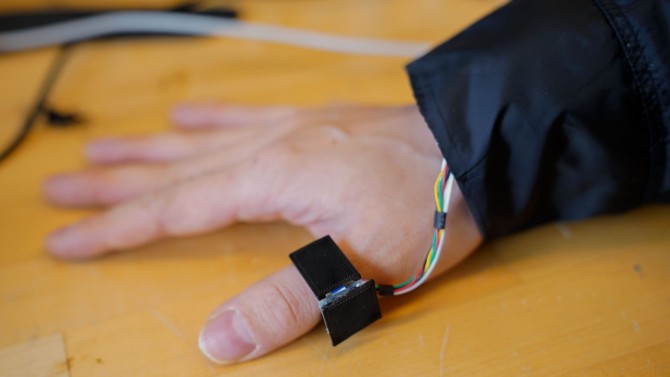






































![[The AI Show Episode 142]: ChatGPT’s New Image Generator, Studio Ghibli Craze and Backlash, Gemini 2.5, OpenAI Academy, 4o Updates, Vibe Marketing & xAI Acquires X](https://www.marketingaiinstitute.com/hubfs/ep%20142%20cover.png)




























































































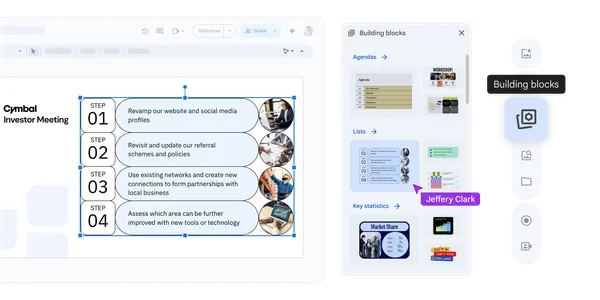
















![Is this a suitable approach to architect a flutter app? [closed]](https://i.sstatic.net/4hMHGb1L.png)



















![From broke musician to working dev. How college drop-out Ryan Furrer taught himself to code [Podcast #166]](https://cdn.hashnode.com/res/hashnode/image/upload/v1743189826063/2080cde4-6fc0-46fb-b98d-b3d59841e8c4.png?#)



























































































